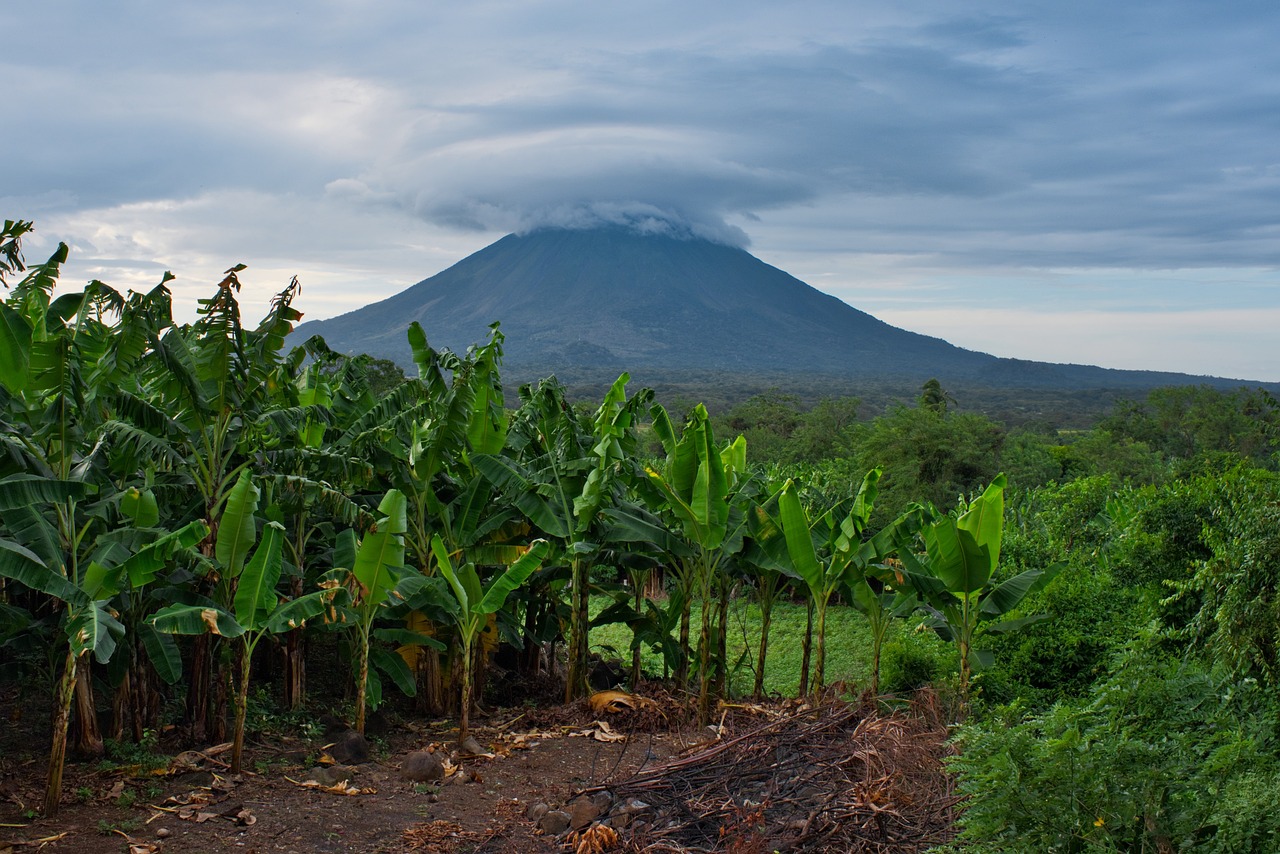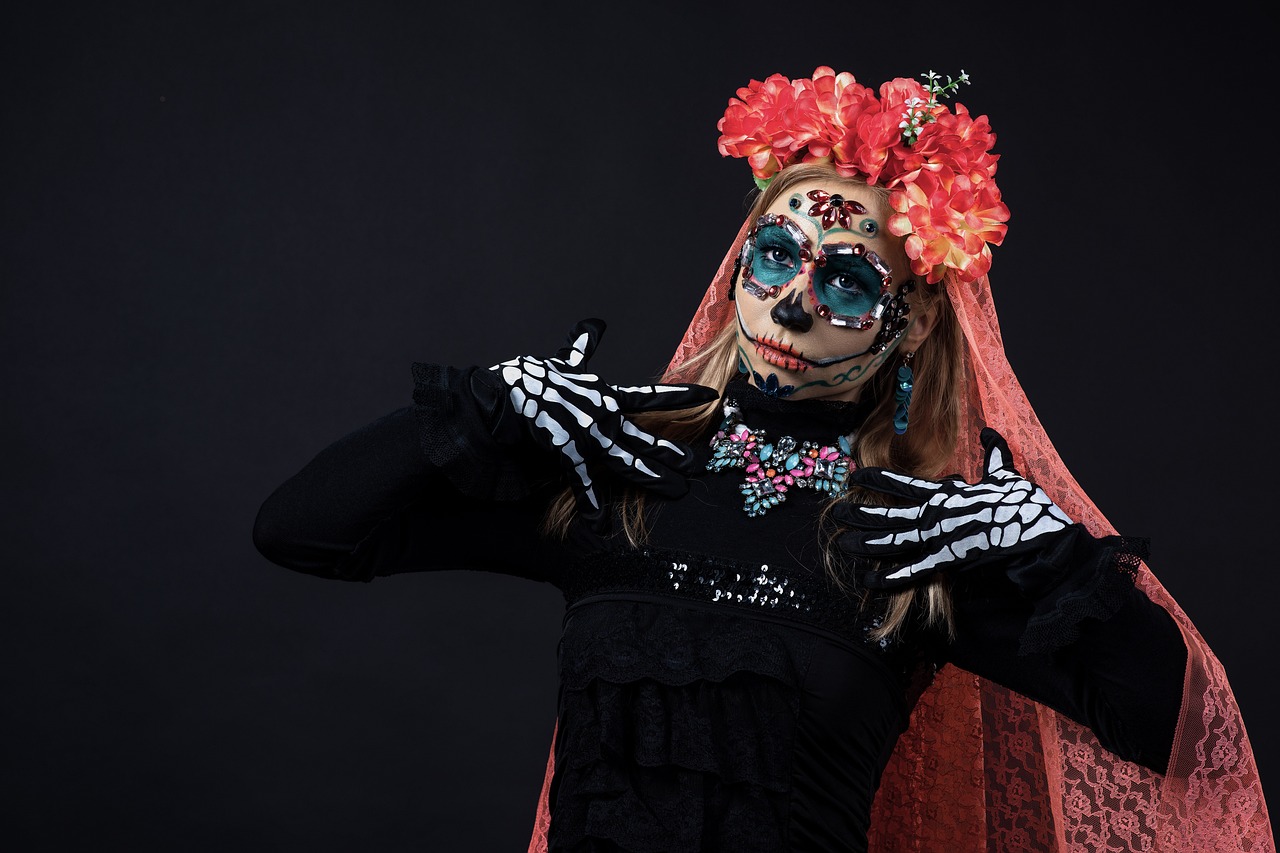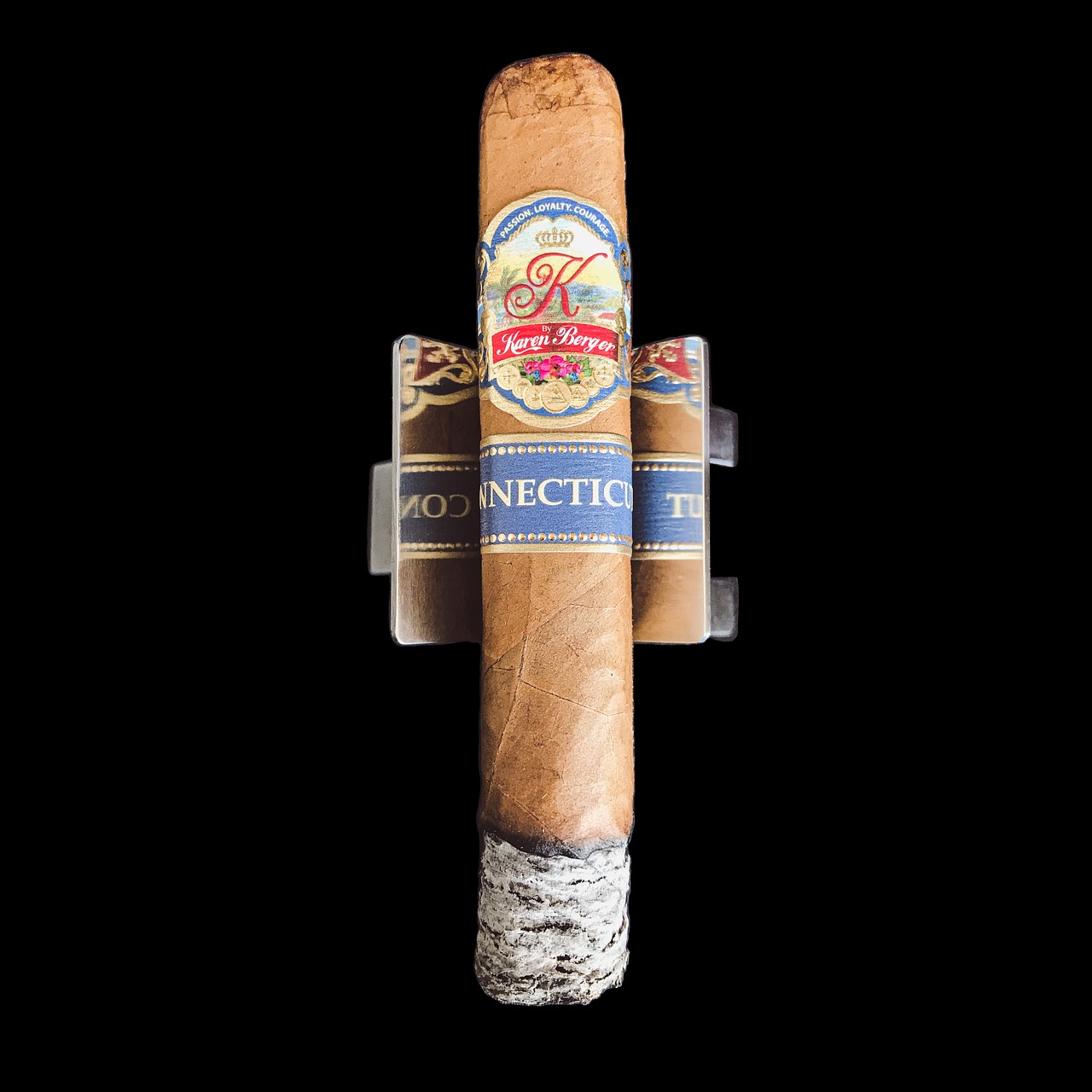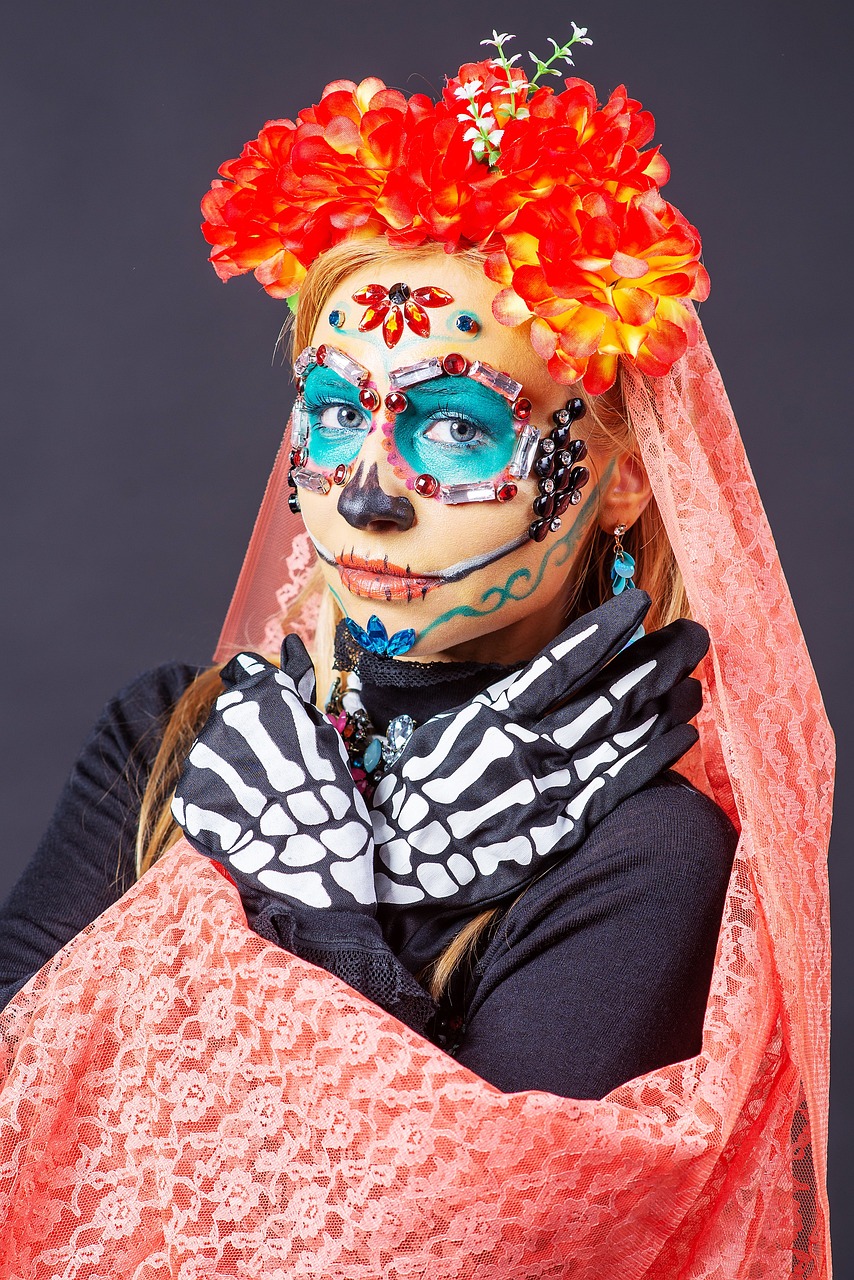Nicaragua Video
Weathering Nicaragua: Seasonal Changes and What to Expect
Nicaragua, located in Central America, boasts a tropical climate with distinct seasonal changes throughout the year. Understanding the weather patterns and what to expect during each season is essential for planning a trip or living in Nicaragua. In this article, we will explore the different seasons in Nicaragua and provide detailed information on what to expect during each one.
Summer Season: December to February
Nicaragua’s summer season occurs from December to February and is characterized by warm temperatures and low rainfall. It is considered the dry season, making it an ideal time to visit if you prefer sunny and dry weather. The average temperature during this season ranges from 28°C to 32°C (82°F to 90°F).
- Sunny Days: Enjoy long days of sunshine and clear skies, perfect for outdoor activities and exploring Nicaragua’s beautiful landscapes.
- Festivals and Events: Experience vibrant cultural celebrations such as Christmas and New Year’s Eve, which are widely celebrated throughout the country.
- Beach Time: Take advantage of the dry weather and head to Nicaragua’s stunning beaches, such as Playa Maderas and Playa Hermosa, for sunbathing and water sports.
- Volcano Hiking: Explore Nicaragua’s volcanoes, like Masaya Volcano, without the risk of rainstorms. The clear skies provide excellent visibility for panoramic views.
Dry Season: March to May
The dry season in Nicaragua extends from March to May, following the summer season. During this time, temperatures remain warm, but the humidity starts to increase. The average temperature ranges from 29°C to 33°C (84°F to 91°F).
- Hot and Dry: Expect hot and dry conditions, with limited rainfall. It is advisable to stay hydrated and seek shade during the hottest hours of the day.
- Wildlife Spotting: Visit Nicaragua’s national parks, such as Bosawás Biosphere Reserve and Indio Maíz Biological Reserve, to observe diverse wildlife in their natural habitats.
- Surfing: Take advantage of the consistent offshore winds and head to popular surfing spots like Playa Colorado and Popoyo for great waves.
- Easter Celebrations: Experience Semana Santa (Holy Week) festivities, which include processions, religious events, and traditional food.
Green Season: June to August
The green season, also known as the rainy season, occurs from June to August. During this period, Nicaragua experiences increased rainfall and slightly cooler temperatures. The average temperature ranges from 26°C to 31°C (79°F to 88°F).
- Lush Landscapes: Witness the transformation of Nicaragua’s landscapes, as the rain brings vibrant greenery and blooming flowers.
- Waterfall Exploration: Visit waterfalls like La Maquina and San Ramón, which are at their most spectacular during the rainy season.
- Coffee Harvest: Take part in Nicaragua’s coffee culture by visiting coffee farms during the harvest season and learning about the coffee-making process.
- Indoor Activities: Explore Nicaragua’s museums, such as the Rubén Darío National Theater and the Museum of the Revolution, which offer insights into the country’s history and culture.
Transition Season: September to November
The transition season, also known as the shoulder season, occurs from September to November. During this time, Nicaragua experiences a mix of rain and sunshine as it transitions from the green season to the dry season. The average temperature ranges from 26°C to 30°C (79°F to 86°F).
- Variable Weather: Expect a mix of sunny days and occasional rain showers. It is advisable to carry a light raincoat or umbrella.
- Turtle Nesting: Witness the nesting season of sea turtles on Nicaragua’s Pacific coast, particularly at La Flor Wildlife Refuge.
- Lower Crowds: Enjoy popular tourist destinations with fewer crowds and take advantage of discounted prices on accommodations and activities.
- Canopy Tours: Experience thrilling canopy tours in the rainforest, such as the Mombacho Canopy Tour, where you can zip-line through the lush vegetation.
Nicaragua Image 1:

High Season: October to December
The high season in Nicaragua occurs from October to December, attracting tourists from around the world. The weather during this period is generally pleasant, with lower chances of rain. The average temperature ranges from 26°C to 30°C (79°F to 86°F).
- Peak Tourism: Experience bustling tourist destinations like Granada and San Juan del Sur, where you can enjoy a vibrant atmosphere and a wide range of activities.
- Christmas Festivities: Embrace the holiday spirit with Christmas markets, parades, and festive decorations throughout the country.
- Island Exploration: Visit the Corn Islands, located on Nicaragua’s Caribbean coast, for stunning beaches, snorkeling, and diving opportunities.
- Colonial Architecture: Explore the well-preserved colonial architecture in cities like León and Granada, where you can admire beautiful cathedrals and colorful buildings.
Nicaragua Image 2:

Low Season: January to April
The low season in Nicaragua occurs from January to April, characterized by fewer tourists and occasional rainfall. The weather remains warm, with average temperatures ranging from 26°C to 30°C (79°F to 86°F).
- Quiet Beaches: Enjoy the tranquility of Nicaragua’s beaches, such as Playa Gigante and Playa El Coco, with fewer crowds and more privacy.
- Hiking Adventures: Embark on hiking expeditions in nature reserves like Reserva Natural Volcán Mombacho, where you can explore diverse ecosystems and spot unique flora and fauna.
- Refreshing Showers: Embrace the occasional rain showers as they provide relief from the heat and create a refreshing ambiance.
- Cultural Immersion: Engage with local communities and participate in traditional activities, such as coffee harvesting or learning traditional crafts.
Rainy Season: May to September
The rainy season in Nicaragua extends from May to September, with increased rainfall and cooler temperatures. The average temperature ranges from 25°C to 29°C (77°F to 84°F).
- Tropical Rainstorms: Experience the power of tropical rainstorms, which can be intense but relatively short-lived. Be prepared with rain gear and plan indoor activities during heavy rainfall.
- Rainforest Exploration: Venture into Nicaragua’s rainforests, such as the Indio Maíz Biological Reserve, for unique wildlife encounters and lush green landscapes.
- River Rafting: Take advantage of the increased water levels in rivers like the Rio San Juan for thrilling white-water rafting adventures.
- Waterfall Chasing: Discover hidden waterfalls, like Cascada Blanca in Jinotega, which are at their most impressive during the rainy season.
Nicaragua Image 3:

Conclusion
Nicaragua offers a diverse range of weather patterns throughout the year, each with its own unique charm. Whether you prefer sunny and dry days or enjoy the lush greenery of the rainy season, Nicaragua has something to offer every traveler. By understanding the seasonal changes and what to expect, you can plan your visit to Nicaragua accordingly and make the most of your time in this beautiful country.
References
- Gypsy Warrior: gypsywarrior.com
- Nicaragua Tourism Board: visitnicaragua.us
- Nicaragua.com: nicaragua.com
- Lonely Planet: lonelyplanet.com/nicaragua
- World Weather Online: worldweatheronline.com


